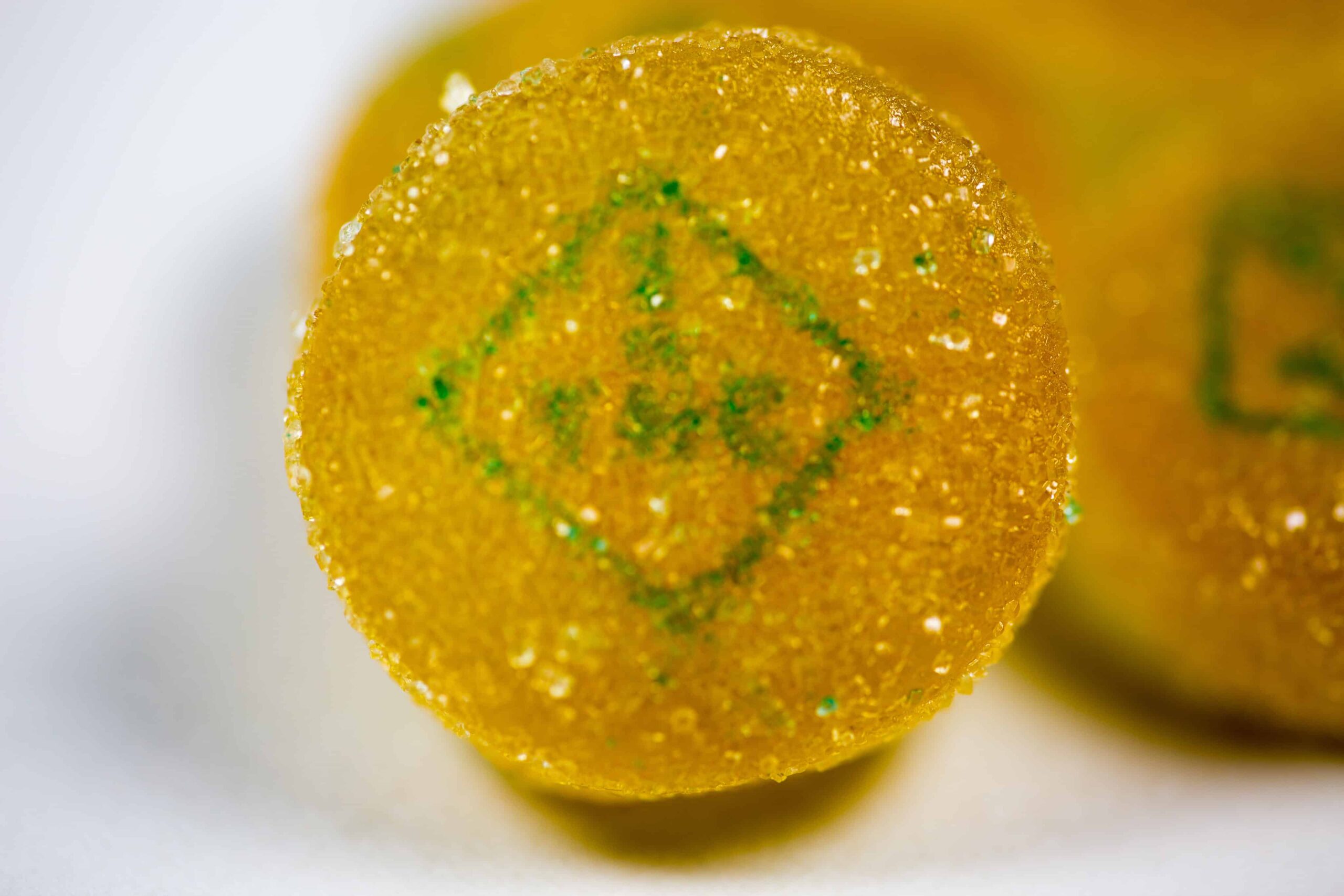
Tennessee Bill would regulate the sale of Delta-8 THC
Tennessee leaders are introducing another bill that would regulate hemp-derived cannabinoids like delta-8 and delta-10 THC after an earlier attempt failed last year. Some hemp advocates welcomed the bill, while others would rather just legalize cannabis, which is naturally high in delta-9-THC.
House Majority Leader William Lamberth (R-Portland) and Sen. Richard Briggs (R-Knoxville) introduced legislation on Tuesday to regulate products containing hemp-derived cannabinoids such as delta-8 and delta-10 THC – his second attempt at it.
House Bill 403 would tax hemp-derived cannabinoids and regulate what some call synthetic processes. Typically, products containing delta-8 THC are marketed as somewhat psychoactive, with weaker but similar effects to delta-9 THC.
“Delta-8 is a legal substance that can be sold and packaged in the form of candy or gummies; it often has a very high THC concentration,” said Rep. Lamberth. “There are no rules and no legitimate way for someone to know exactly what they are buying. Nothing in our current law prohibits a child from purchasing Delta-8.”
The bill would ban the sale of hemp-derived cannabinoid products to anyone under the age of 21; adds an additional 5% sales tax to every product sold in a store; and Creation of a licensing, quality assurance, regulatory and enforcement process by the Tennessee Department of Agriculture.
“We have to regulate this because the horse is out of the stable,” Senator Briggs said. “This stuff is everywhere and we can’t put this genie back in the bottle.”
What is Delta-8 THC?
The idea is that hemp-derived CBD can be converted into other compounds that are often marketed as psychoactive. This does not fit the general US definition of hemp, which is specifically bred not to be psychoactive.
Delta-8-THC occurs naturally, but only in trace amounts: according to Chemical & Engineering News, cannabis plants naturally contain only 0.1% delta-8-THC or less – although some plants contain as much as 1%. Jeffrey Raber, Werc Shop’s co-founder and CEO, told C&E News that hemp doesn’t contain enough natural delta-8 THC to be economically extracted.
But hemp farmers in the state are supporting the bill despite some suspicions about emerging hemp-derived cannabinoids. “We support anything that doesn’t impose onerous regulations on the industry,” said Kelley Hess, executive director of the Tennessee Growers Coalition.
While hemp farmers can endorse Delta 8 products, others do not.
Artists like Margo Price support legalization but do not support hemp-derived cannabinoid products in Tennessee. Opponents don’t like the way certain cannabinoids are extracted from hemp, which usually means altering the CBD molecule, which is found in greater amounts in hemp, with natural solvents and acids.
Tennessee! Legalize cannabis, grow it, eat it, smoke it and tax it! People will just cross state lines and do it anyway. That Delta 8 shit had to go! https://t.co/8CJKwDRk5x
— Margo Price (@MissMargoPrice) December 17, 2022
Tried to regulate Delta-8 last year
While some states like Utah moved to restricting hemp-derived cannabinoids, Tennessee would take a very different approach by regulating them instead.
Rep. Lamberth sponsored an earlier attempt to regulate delta-8-THC and similar compounds. Some Tennessee lawmakers and the Tennessee Bureau of Investigation said that by regulating Delta-8, the state would legitimize the industry.
The House Bill 1927, introduced earlier, would regulate Delta-8 by making it illegal in most cases outside of trace concentrations. The bill was amended in April 2022 to be more specific to include other hemp-derived THCs such as delta-9 and 10 and the derivative hexahydrocannabinol (HHC), but to exclude non-THC hemp cannabinoids such as CBD.
Tennessee is one of 11 non-green states that have not legalized, regulated, or decriminalized cannabis in any form.

Post a comment: